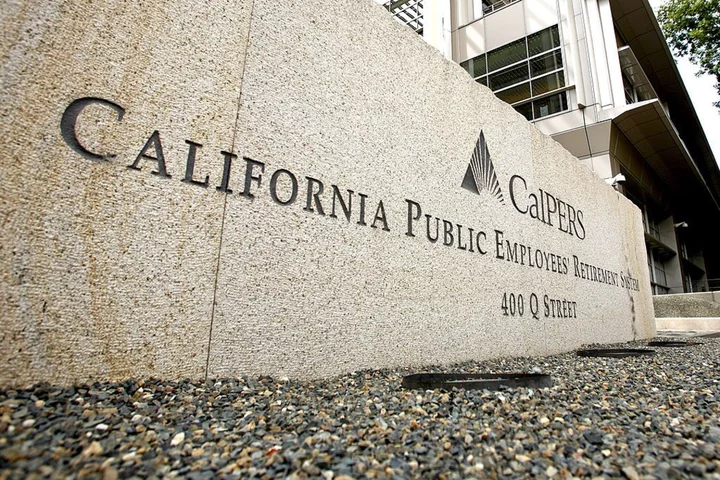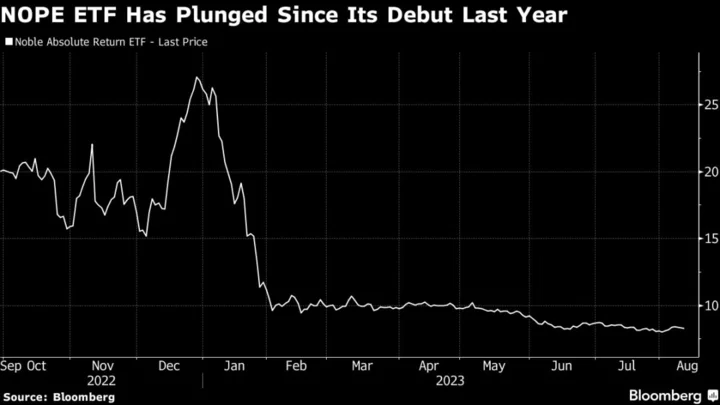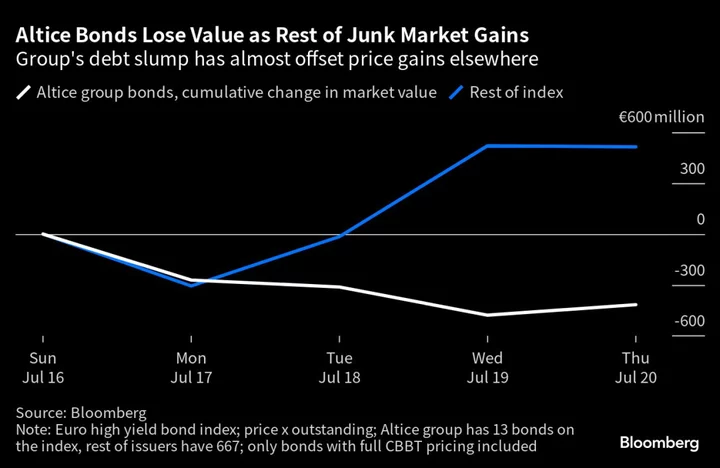The California Public Employees’ Retirement System has turned over thousands of pages of documents in recent months to Congress as the country’s largest pension fund faces Republican scrutiny for its investment practices intended to combat climate change.
The $464 billion fund has been handing over the trove of information to the House Judiciary Committee led by Ohio Republican Jim Jordan since the committee sent letters in December to Calpers and Ceres, an environmental non-profit that Calpers works with on climate issues, seeking public and private documents dating back to 2016. The requests come as GOP officials nationwide step up attacks on ESG investing.
Calpers is now reviewing additional documents to see if they are relevant to the committee’s request and in hopes of avoiding a subpoena, spokesperson John Myers said. In June, Jordan hit Ceres with a subpoena following voluntary disclosures that he deemed “inadequate.”
The documents provided by Calpers include slide decks and reports detailing the fund’s sustainable investment strategies. The pension fund also handed over private email conversations between Anne Simpson, a former managing investment director at Calpers, and staff at Ceres, according to batch of documents reviewed by Bloomberg.
The emails discuss a successful activist investor bid to oust Exxon Inc. board members in 2021 in favor of more climate-friendly leaders. Calpers, which backed the rival directors, planned meetings with Ceres staff in February and April to coordinate messaging ahead of the board meeting in 2021, according to Simpson’s emails.
“Cartel”
Jordan and the five other House Republicans that signed the letter accused Calpers of potentially acting as a “cartel” by coordinating with Ceres and Climate Action 100+, a related nonprofit, to push major companies to reduce greenhouse gas emissions. The committee has not detailed any specific antitrust allegations and did not return multiple requests for comment.
Myers said Calpers disagrees with the committee’s accusations and plans to finish the document handover soon. Simpson, who is now head of sustainability for Franklin Templeton, did not return a request for comment.
The pension fund is part of a handful of companies, institutional investors and non-profits that are the subject of increasing attacks from Republicans in Congress over environmental, social, and governance investing. In July, Jordan’s committee demanded documents from BlackRock Inc., Vanguard Group Inc. and State Street Corp. alleging “potentially harmful effects on Americans’ freedom and economic well-being.”
Boston-based Ceres is complying with the Judiciary Committee’s subpoena and has provided thousands of pages of documents, spokesperson Helen Booth-Tobin said. The organization has denied violating antitrust laws, saying companies are taking their shareholders’ financial interests into account by factoring in climate change risks.
“There is nothing anti-competitive about investors or companies, each having independently identified a fiduciary threat, working together to address a common challenge,” Booth-Tobin said.
“Weaponizing”
Jon Hale, an independent ESG expert formerly with Morningstar, called the investigation “political grandstanding.”
“The Republicans are weaponizing the Judiciary Committee to intimidate private companies away from addressing climate risk,” said Hale.
Calpers has a history of using its shareholder power to push for environmentally-friendly investments. But the fund has also fought off demands from climate activists to divest its oil and gas holdings citing the fund’s fiduciary duty to pensioners.
Read More: California Quietly Shelves $15 Billion Pension Divestment Bill
Kristoffer Inton, an analyst at Morningstar, said despite Republican accusations of Calpers orchestrating an ESG cartel the pension fund continues to invest in major carbon emitters. Calpers held $9.4 billion in oil and gas assets as of December 2022.
“If they think Exxon looks cheap they’re going to buy it,” Inton said. “It’s not changing their behavior.”









